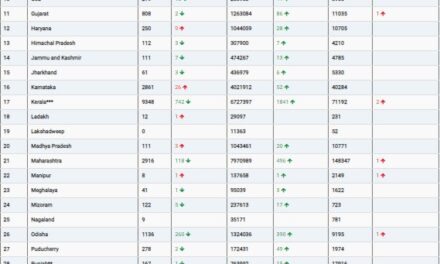Chicago, IL – November 12, 2024
New research suggests that individuals with chronic kidney disease (CKD), Type 2 diabetes, or both, may experience increased cardiovascular disease (CVD) risk significantly earlier in life—up to 28 years sooner—compared to those without these conditions. The preliminary findings, released by researchers at Northwestern University, highlight the compounded impact of kidney disease and diabetes on heart health, with major implications for early risk assessment and intervention.
The study, a simulation of cardiovascular-kidney-metabolic (CKM) syndrome’s impact on CVD risk, was led by Northwestern University scientists. By modeling the progression of CKM syndrome, researchers aimed to better understand the age at which CKD and diabetes elevate CVD risk compared to individuals without these conditions. Results indicated that individuals with CKD alone reach elevated heart disease risk roughly eight years earlier, while those with diabetes alone face heightened risk about a decade sooner than the general population.
The combination of CKD and diabetes was associated with the most severe outcomes, particularly by gender. Women with both conditions were projected to reach elevated CVD risk 26 years earlier, while men with both conditions could reach similar levels of risk 28 years earlier than those without CKM syndrome.
“Our findings help to interpret the combination of risk factors that lead to a high predicted CVD risk and at what age these risk factors impact health,” explained lead author Vaishnavi Krishnan, a researcher at Northwestern. She emphasized the importance of understanding how age interacts with risk factors like blood pressure, blood sugar levels, and kidney function. Early detection of these combined risk factors could guide healthcare providers to intervene before CKD or diabetes fully develops.
For individuals without CKM syndrome, the predicted age to reach an elevated CVD risk was 68 for women and 63 for men. However, when CKM components were present, these ages dropped substantially.
The findings, which underscore the need for integrated cardiovascular and metabolic health strategies, will be presented at the American Heart Association’s Scientific Sessions 2024, taking place November 16-18 in Chicago.











